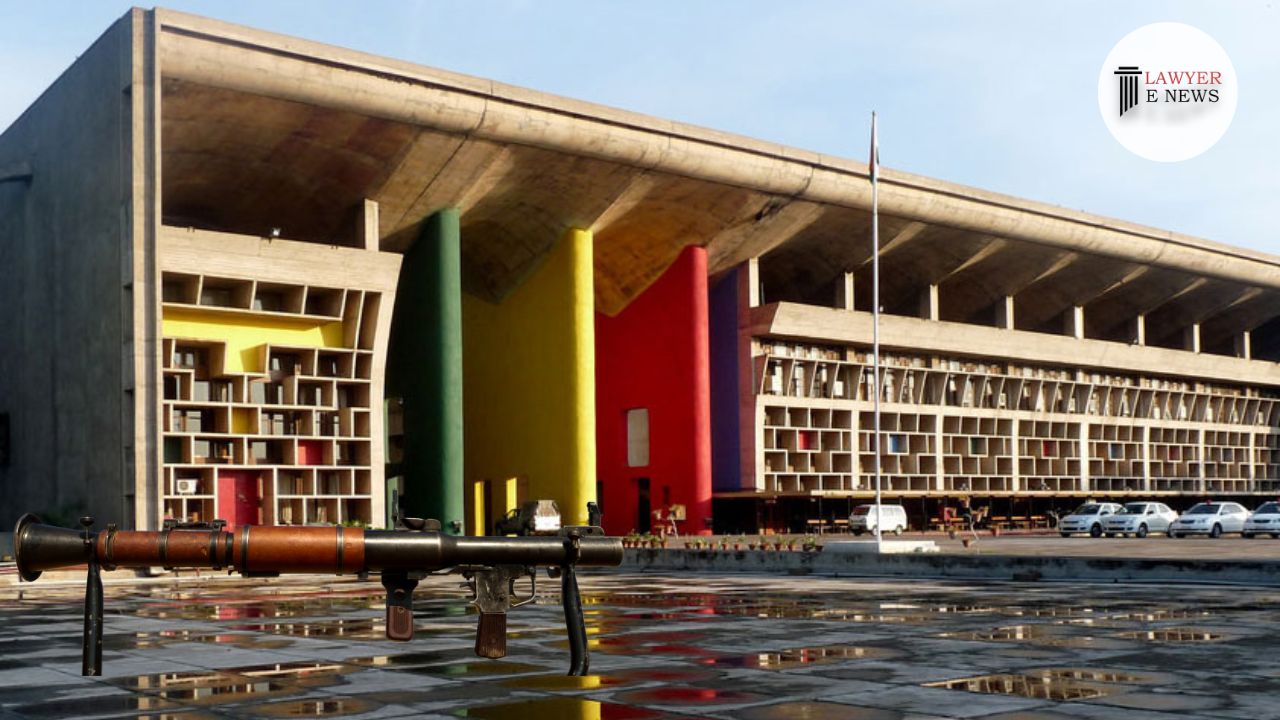-
by Admin
15 February 2026 5:35 AM



The Punjab & Haryana High Court has delivered a significant verdict in cases concerning the enforcement of security interests under the SARFAESI Act. The judgment addresses the procedural nuances involved in the communication of rejection of objections by borrowers and the role of the District Magistrate in aiding banks to take possession of secured assets.
The key legal issue was whether the requirement under Section 13(3A) of the SARFAESI Act, which mandates a secured creditor to communicate the reasons for rejection of a borrower’s objections within fifteen days, is mandatory or directory.
The State Bank of India filed multiple writ petitions challenging the orders of the District Magistrate, Ludhiana, who denied assistance for taking over possession of secured assets. The bank argued that the Magistrate had wrongly interpreted procedural requirements, leading to undue delays in debt recovery.
Mandatory vs. Directory: The Court held that the provisions of Section 13(3A) are directory rather than mandatory. It emphasized that delays in communication beyond the 15-day period do not per se invalidate the actions taken under Section 13(4) unless they result in prejudice to the borrower.
Role of the District Magistrate: The Court clarified that under Section 14, the District Magistrate is tasked purely with providing execution assistance and does not possess the authority to adjudicate on the merits of the bank’s actions or the procedural compliance.
Judicial Precedents and Interpretations: The Court referenced various judgments, including “Nippo Foods vs State of Punjab” and “ITC Ltd. Vs. Blue Coast Hotels Ltd.”, discussing the discretionary nature of judicial relief in cases of procedural non-compliance under the SARFAESI Act.
No Prejudice to Borrower: The judgment underscored that no prejudice was caused to the borrowers by the bank’s delay in communicating the rejection of their objections.
Executory Nature of DM’s Role: The Court reiterated that the District Magistrate’s role is executory, aimed at ensuring compliance and assistance in the possession of assets and is not adjudicatory.
Final Decision: The High Court allowed the writ petitions, quashed the impugned orders of the District Magistrate, and directed immediate assistance to the State Bank of India for taking possession of the secured assets.
Date of Decision: April 18, 2024
State Bank of India vs. District Magistrate, Ludhiana and Ors.
